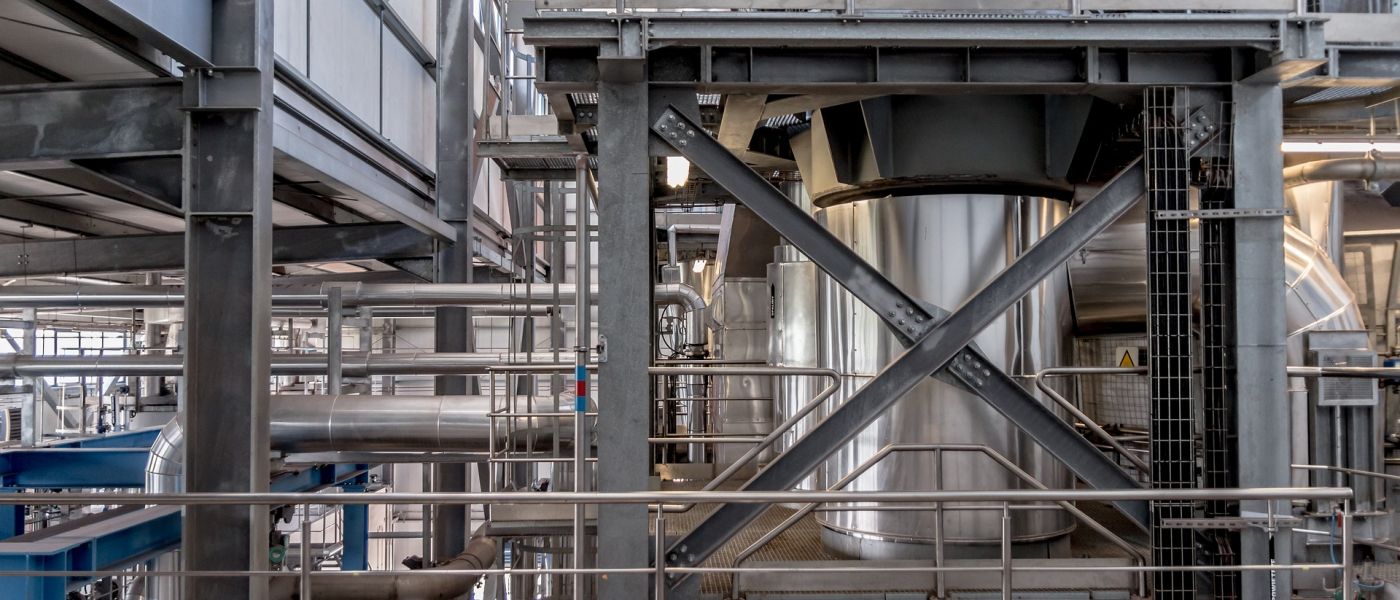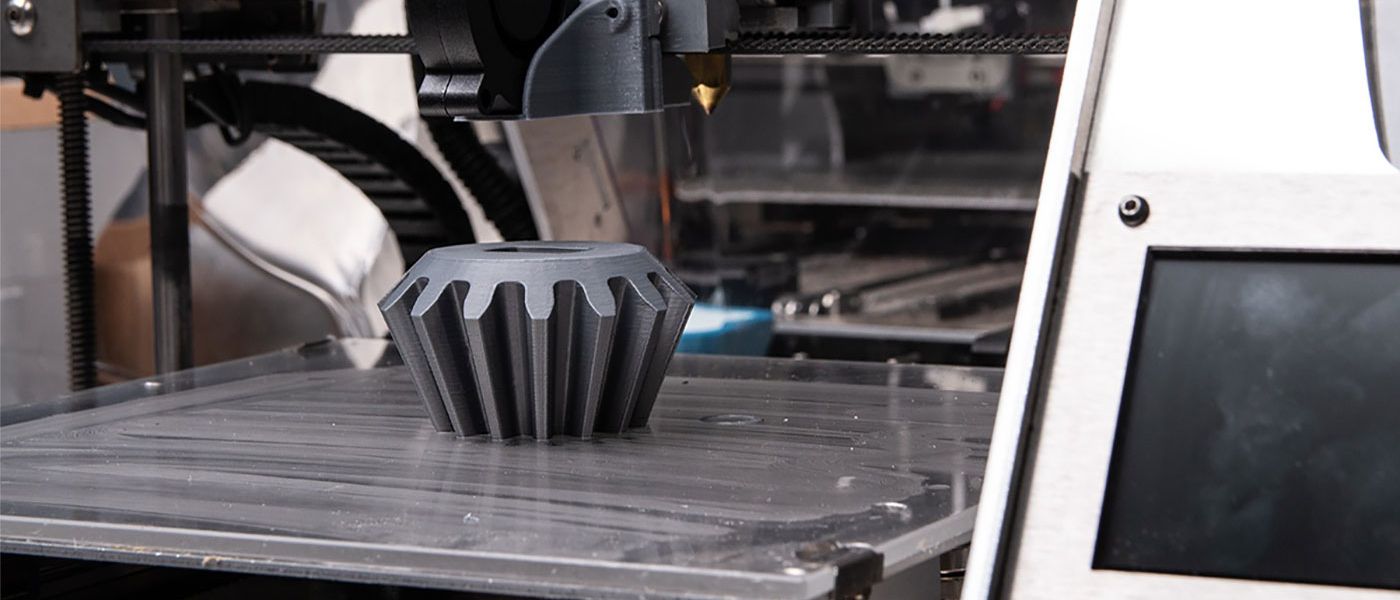
Our
Expertise
Case Study 1
Operations
Strengthening competitiveness through Lean Six Sigma in production
Client challenge
Due to the increasing globalization of industrial value chains, a manufacturer of technology metals is experiencing strongly growing competition for its European production sites, especially from Southeast Asia. This becomes apparent, among other things, by the fact that long-standing existing customers can only be retained through continuous improvement of the three key parameters: quality, on-time delivery and price.
Results
Three years after the official start of the Lean Six Sigma program, the manufacturing company had reduced the "cost of poor quality" by 75%, cut specific manufacturing costs by 25%, halved lead times and increased productivity by 50%.
Our role & task
-
Sensitization of stakeholders via impulse lectures on the potentials of Lean Six Sigma in production to strengthen or improve competitiveness under global boundary conditions.
-
Conveying the theoretical fundamentals (e.g. PDCA cycle, Lean principles/tools, DMAIC roadmap) in training sessions and supporting practical implementation by coaching Green or Black Belt projects.
-
Ensuring the integration of Lean Six Sigma into production with the help of workshops for the development of a Smart Factory, which creates the prerequisites for "Business Intelligence" (retrospective) and "Advanced Analytics" (prospective) via a clever combination of direct & indirect networking of the value chain.
Case Study 2
People
Supporting corporate change through mentoring, training, coaching & facilitation
Client challenge
A traditional family company is experiencing the transition from a production economy to a service economy as physical performance becomes increasingly less important and cognitive performance becomes more important. Knowledge is now the critical production and competitive factor. The situation is further complicated by demographic change and declining interest in STEM professions. For this reason, the company is looking for new approaches in the "war of talents" to reduce "brain drain" and promote "brain gain."
Results
Increased skilled training rate from 50% to 90%, reduced turnover from 7% to 4%, tripled suggestions for improvement, and increased health rate from 92% to 97%.
Our role & task
-
Implementation of a personality and organizational diagnostics for orientation and stimulation.
-
Introduction to a holistic understanding of the cyclical process of learning and development: (1) learning known or available knowledge (encoding), (2) applying or deepening learned knowledge (decoding), (3) creating new knowledge (creating), and (4) taking cognitive breaks (regenerating):
-
Teaching knowledge, e.g., through mentoring (old meets young), training, continuing education, dual degree programs
-
Applyingknowledge, e.g., through on-the-job training, job rotation, projects, coaching, facilitation
-
Generating knowledge, e.g. through targeted use of the creative potential of the workforce ("Triple I" tool)
-
Cognitive hygiene, e.g. through breaks, fresh air, exercise (tool "Executive Health" + "Holistic Health")
Case Study 3
Technology
Additive manufacturing process for highly complex components
Client challenge
A producer of complicated components with small geometries made of resistant materials is reaching technological limits in both medical and aerospace applications with formative and subtractive manufacturing processes and for this reason is looking for a "Gamer Changer".
Results
With the help of a newly developed additive manufacturing process - often called 3D printing - it was possible to achieve component geometries or properties that were previously unthinkable with conventional manufacturing processes.
Our role & task
-
Bringing together problem solvers and solution finders with the aim of developing or commissioning an innovative manufacturing technology for customized applications.
-
Introduction of an integrated development platform, the so-called tool "Triple M", where figures, data and facts on materials (material), manufacturing methods (method) and component requirements (market) are collected and used on an order-related basis.
-
Scale-up of laboratory results via the intermediate step of a pilot plant production to industrial series production.
Case Study 4
Innovation
Continuous high temperature synthesis for submicron carbides, nitrides & borides
Client challenge
Companies in the field of engineering ceramics are confronted with increasingly demanding technological quality requirements, while at the same time having to ensure a significantly low "carbon footprint" of their products. This balancing act can no longer be achieved with conventional, energy-intensive manufacturing processes, so that new types of process technologies have to be developed, built and put into operation.
Results
A multi-purpose production process for submicron carbides, nitrides and borides now enables operators to easily adapt under the demanding VUCA conditions and achieve > 50% lower specific energy consumption compared to standard processes. In addition, significantly higher material efficiency, higher personnel productivity and improved process stability are achieved.
Our role & task
-
Analysis and evaluation of the existing production technology as well as description of the state of the art/science (based on technical literature/journals, patents, market studies and expert interviews)
-
Development of a continuous high-temperature synthesis for non-oxide ceramics on a laboratory scale (with special consideration of the current & future framework conditions and customer / market requirements)
-
Verification of the laboratory results in a mini-plant and project planning of a large-scale production plant
Case Study 5
Change
Increasing entrepreneurial resilience through successful change management
Client challenge
A group of companies in the process industry wants to get ready for the increasing demands in the VUCA world.
Resultate
Meaningful & goal-oriented collaboration among stakeholders; more efficient management by leveraging synergies & bundling resources; simplification of process flows by exploiting potentials for standardization & automation; complexity reduction by focusing on core business.
Our role & task
-
Introduction to the conscious management of change projects (taking into account recognized change models, e.g. according to Kurt Lewin, Elisabeth Kübler-Ross, John P. Kotter and Klaus Doppler)
-
Implementation of an integrated management system for quality (DIN ISO 9001), environment (DIN ISO 14001), energy (Energie 50001) and occupational health and safety (DIN ISO 45001)
-
Development of a cross-site maintenance strategy and introduction of the maintenance methods TPM (Total Productive Maintenance) and RCM (Reliability Centered Maintenance)
-
Simplification of technical purchasing through standardization of mechanical and electrical components and spare parts as well as through automation of the procurement process for auxiliary and operating materials
-
Transfer of production-related services (Energy, Utilities, Environment & Waste Management; Production & Product Logistics; Facility, Fleet & Analytical Services) to operationally independent companies
Case Study 6
Sustainability
Sustainable management in the global value chain of a non-ferrous metal company
Client challenge
In a production company of the non-ferrous metallurgy, numerous stakeholders (e.g. banks, employees) increasingly demand the voluntary commitment to fulfill the so-called "Environmentals, Social & Governance" criteria or the "Sustainability Development Goals". Complementary to this, the new supply chain due diligence law for the prevention of human rights and environmental rights violations in global value chains came into force on January 1, 2023.
Results
First projects together with suppliers, customers and market partners to improve the circular economy, increase the proportion of secondary raw materials from 50% to 75%, reduce the product carbon footprint by 30%.
Our role & task
-
Introduction to "Sustainability Management" in accordance with ISO 26000 & the ZNU standard, and support in the initial preparation of a sustainability report, including GRI reporting
-
Systematic balancing of the "Product Carbon Footprint" (PCF) when using conflict-free certified primary raw materials (RSCM) in direct comparison to the use of secondary raw materials from the "Circular Economy"
-
Development of new hydrometallurgical production processes in order to be able to process larger quantities of recycled materials and thus make a significant contribution to resource conservation
-
Establishment of an in-house training academy to enable all employees to engage in lifelong learning and long-term development in a VUCA world










